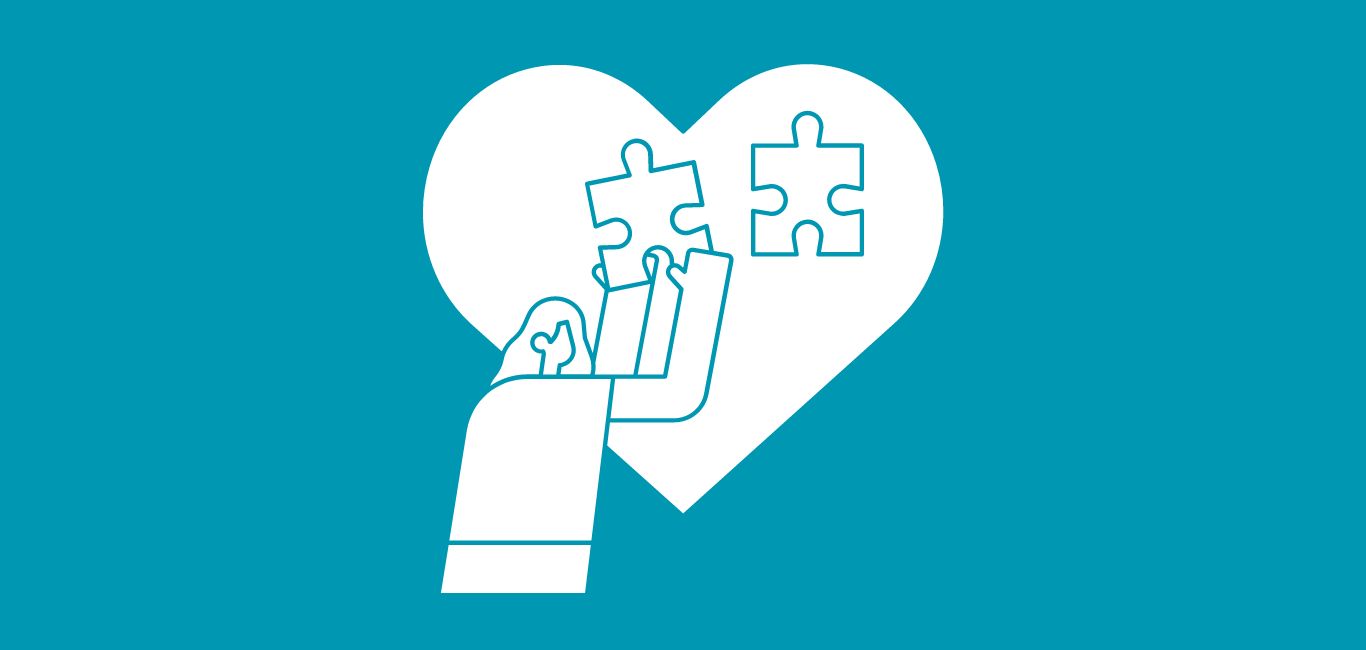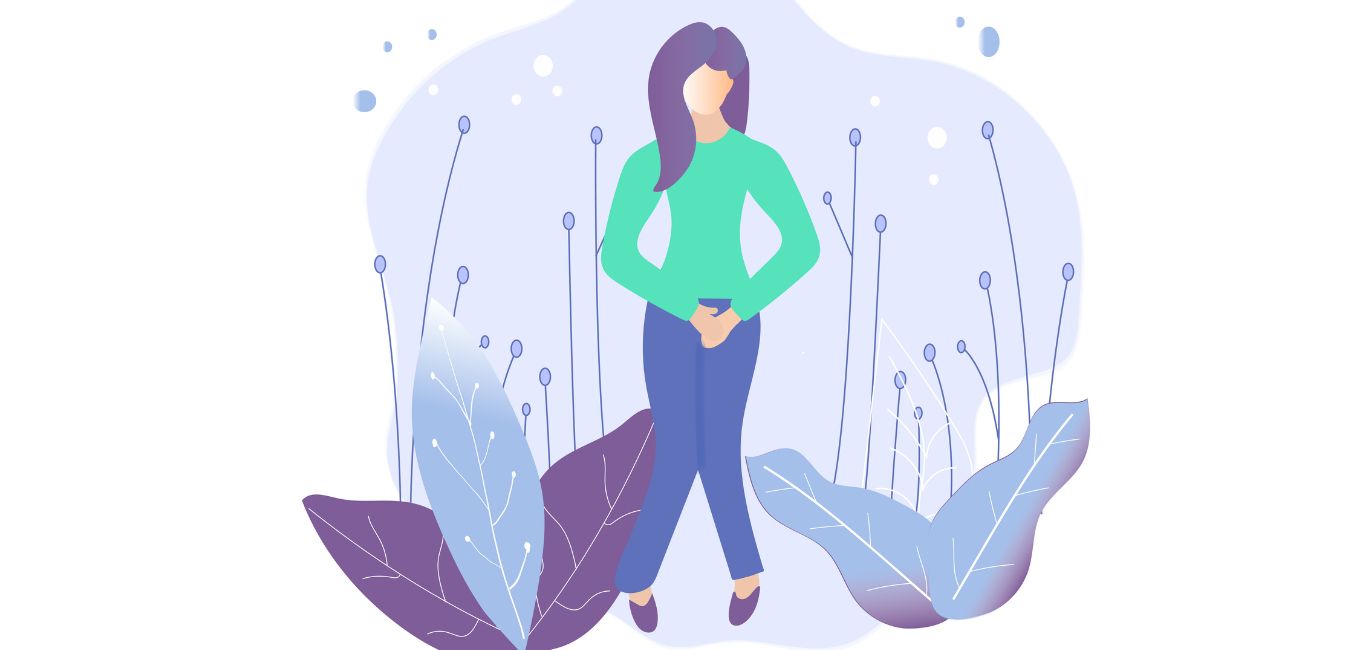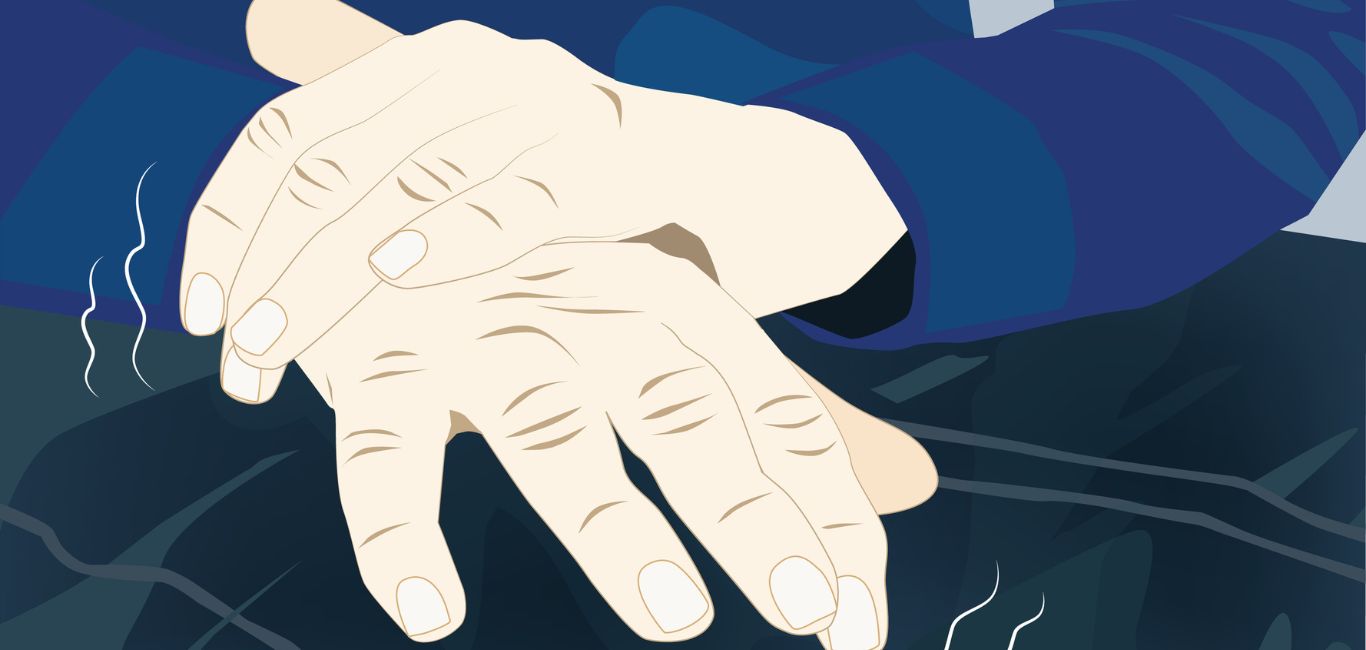
Constipation is a condition where a person has less than three bowel movements in a week and finds it difficult to pass stools.
Everyone experiences constipation occasionally. However, if it lasts for several weeks or longer, it is a case of chronic constipation. In such cases, there can be disruption of routine life and excessive strain to pass stools.
The stomach, the small intestine and the large intestine are mainly involved in the digestion and absorption of the ingested food.
These are some complications of chronic constipation:
- Hemorrhoids – a situation where excessive straining can cause swelling of the veins in and around the anus.
- In very rare cases, stools can get very hard and be stuck in the intestines.
Symptoms
These are the typical symptoms associated with constipation:
- Stomach-ache and cramps
- Lumpy and hard stools
- Bowel movements require a lot of pressure
- Bloating and nausea
- A feeling of blockage or incomplete emptying of bowels
- Need to create pressure on the abdomen to help eliminate stools
Common causes
Hard stools occur when waste moves through the intestine at a slower pace than normal and cannot be effectively eliminated from the rectum.
Frequent causes include:
- A diet low in fibre content
- Not drinking enough water
- Consuming large amounts of dairy products
- Sudden changes in routine, including travel, eating and sleeping at odd times
- Stress, and postponing going to the toilet.
During pregnancy and for some time after childbirth, it is quite common for women to experience constipation. The foetus, during movements in the womb, presses against the intestine, slowing down the passage of waste. Hormonal changes after delivery also contribute to this condition.
Certain medicines may also cause constipation as a side-effect. These include:
- Strong pain medicines like narcotics and Non-Steroidal Anti-Inflammatory Drugs (NSAIDs)
- Some antidepressant and anti-allergic medications
- Antacids and iron pills
- Some anti-hypertensive medicines
Some medical conditions also cause constipation. These include:
- Irritable bowel syndrome – a common gastrointestinal disorder with abdominal pain, cramps and constipation.
- Hypothyroidism (underactive thyroid) and diabetes.
- Intestinal obstruction.
- Spinal cord injury.
- Pelvic floor muscles that release the stool not functioning properly.
- Poor contraction of the colon and stool retention.
- Stroke, colorectal cancer, and multiple organ disease.
Diagnosis
A thorough history along with details of diet, frequency of bowel movements, and any ongoing medication can hold clues to the cause of constipation.
- If necessary, an examination of the rectum may be undertaken to check for any physical masses or abnormal growth.
- Blood and urine tests for diabetes, hypothyroidism, and anemia (reduced levels of red blood cells) may be done.
- Stool samples may be analysed to check for infection and inflammation.
- Imaging tests like CT scans and MRI may be done to detect disorders in the lower gastrointestinal tract.
- Colonoscopy may be done to check the colon for polyps. A biopsy to rule out bowel cancer can also be done.
- Bowel function tests to check how well the rectum functions, including a special X-ray.
Treatment
In the absence of any medical disorder, slight changes in lifestyle and proper care at home will be enough to manage constipation. This can include:
- Drinking more water and avoiding caffeine and alcohol.
- Increasing vegetables, grains and other high-fibre foods in the diet along with reducing the intake of meat and cheese.
- Increasing physical activity.
- Change of posture while using the toilet.
If the above measures do not help, your doctors can prescribe laxatives – or in severe cases, suppositories or perform enema to clear the stools from the intestine.
Very rarely, surgery may be needed as in the following cases:
- In case of intestinal obstruction or narrowing of a part of the intestine.
- When there is tearing of the anus (anal fissures) or prolapse of the rectum.
- If there is cancer of the colon, or rectum.
Sources:
https://www.cancer.gov/about-cancer/treatment/side-effects/constipation

















